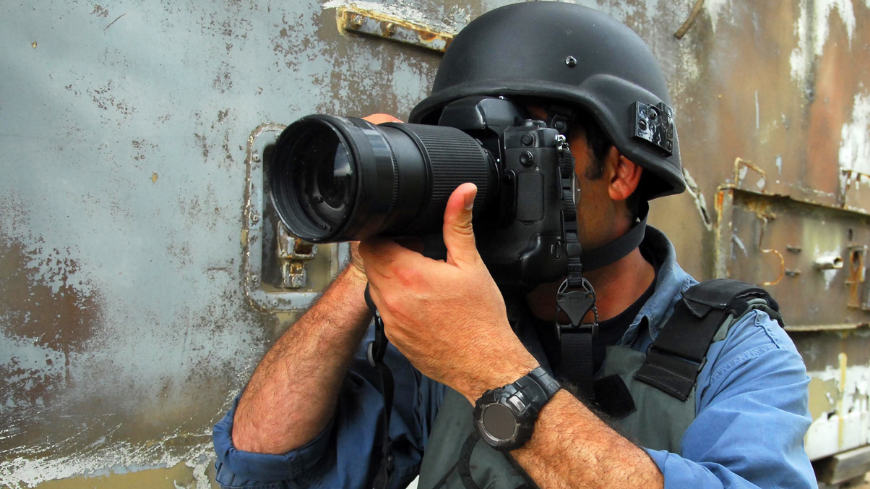Member states should recognise the democratic value of journalism and the media in times of conflict and aggression. The work of a free, independent and impartial media constitutes one of the essential foundations of a democratic society, and thereby can contribute to the protection of civilians and conflict prevention, as well as bring to the attention of the international community the horrors and reality of conflict.
International instruments represent one of the key tools that the international community has at its disposal in the struggle for the safety of journalists and against impunity. These are internationally recognised and often legally binding. The principles set out below are based on the relevant conventions, recommendations and guidelines of the Council of Europe, including the European Convention on Human Rights and relevant case-law of the European Court of Human Rights, Recommendation CM/Rec(2016)4 of the Committee of Ministers to member States on the protection of journalism and safety of journalists and other media actors; Guidelines of the Committee of Ministers of the Council of Europe on protecting freedom of expression and information in times of crisis (adopted by the Committee of Ministers on 26 September 2007 at the 1005th meeting of the Ministers' Deputies), and Recommendation No. R (96) 4 of the Committee of Ministers to member states on the protection of journalists in situations of conflict and tension adopted on 3 May 1996.
They are also based on relevant conventions, declarations and resolutions of the United Nations which include the Universal Declaration of Human Rights; the Geneva Conventions; the International Covenant on Civil and Political Rights; UN Commission on Human Rights Resolution 2005/81; the UN Security Council Resolution 1738 (2006), and the UN Security Council Resolution 2222 (2015).
The principles extracted from the relevant legal instruments above are grouped under 4 main responsibilities
I. Responsibilities of member states
- Guarantee of safety
- Freedom of movement and access to information
- Provision of information to the media
- Protection of journalists’ sources of information and journalistic material
- Guarantees against undue limitations on freedom of expression
- Accreditation
- War correspondents / Embedded journalists
- Derogations under Article 15 of the European Convention on Human Rights
II. Responsibilities of journalists
- Adherence to professional and ethical standards
- Countering the spread of propaganda and disinformation
III. Responsibilities of media organisations
- Deploying journalists to conflict zones
- Adequate working conditions
IV. Responsibilities of civil society
- Safety training
- Insurance for freelance journalists
- Legal and practical support
The Principles are described in this document, available in English and French.




